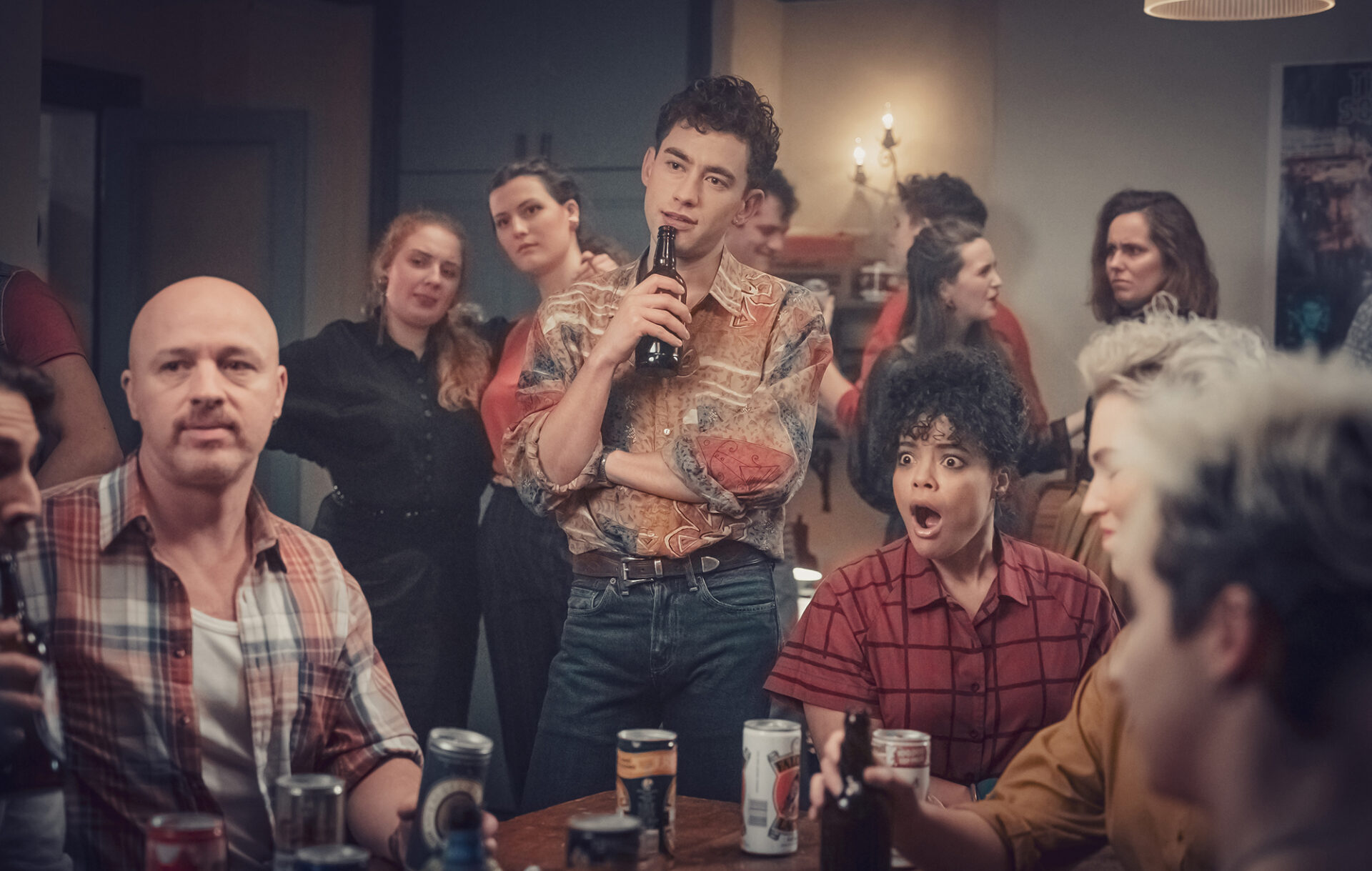
Representation of queer identities in twenty-first century popular television has undergone massive shifts in the last decade. Whilst queer representation has formed part of the bedrock of reality television, queer representation in scripted television has received less scholarly attention. Thus, scripted television will be the focus of this special issue of Queer Studies in Media &








